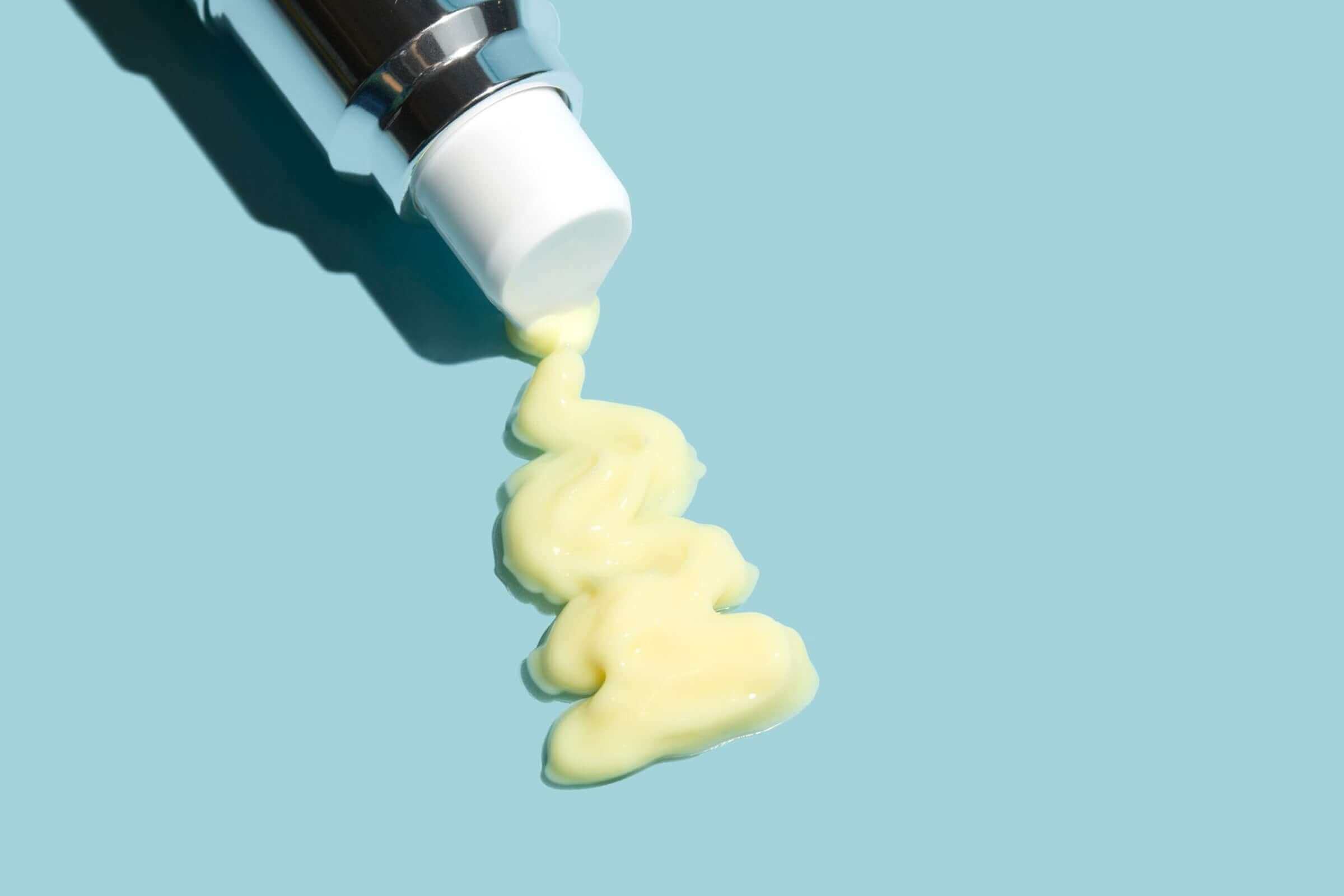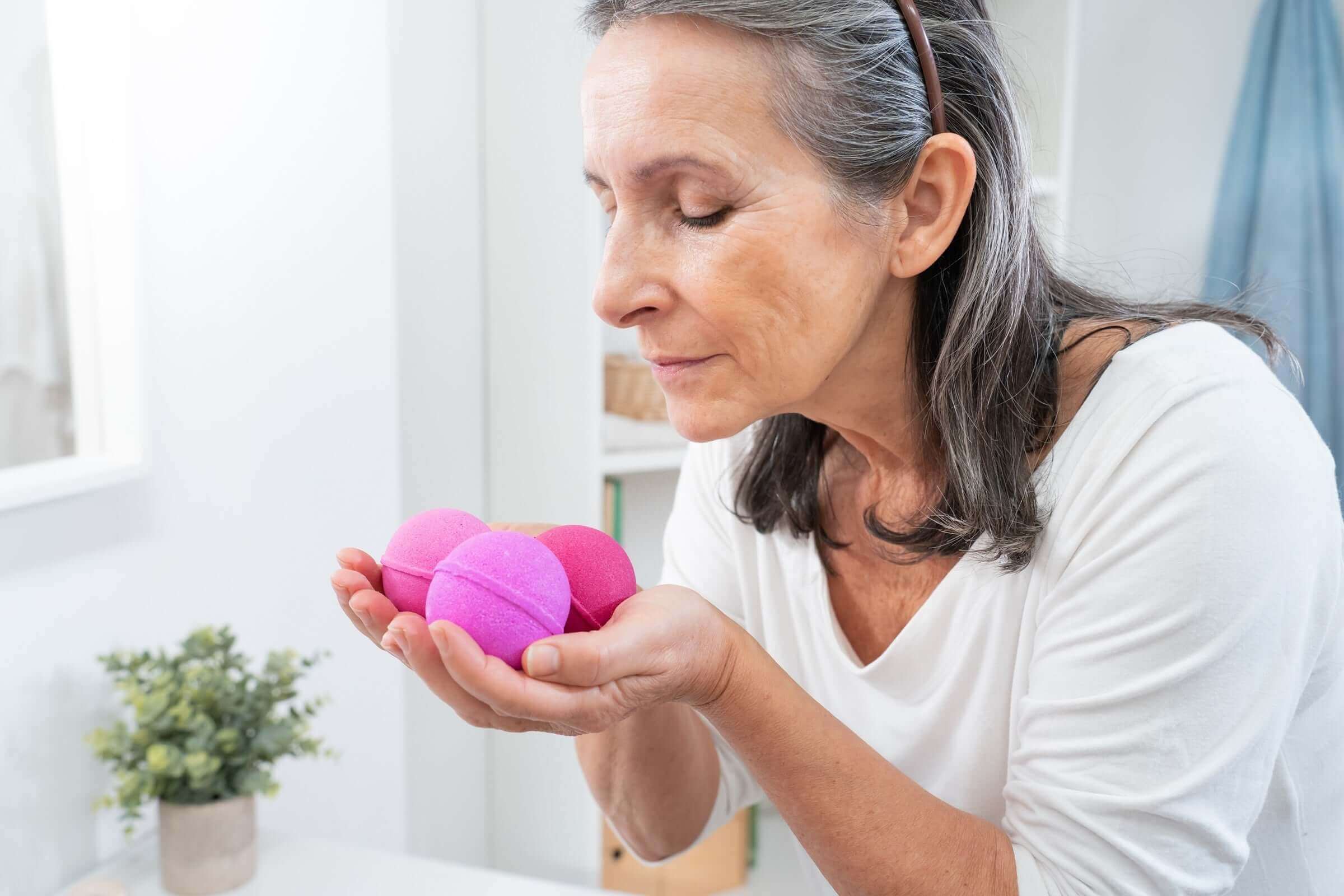Retinoids 101: Frequently Asked Questions

Retinoids, derived from Vitamin A, stand as a skincare titan, boasting transformative effects on the skin. If you've landed here, you're likely on a retinoid quest, curious if it's the superhero your skin's been waiting for! Maybe a pal can't stop raving about it, or you've spied someone with skin that screams 'glow goals' thanks to this miracle worker. Well, get ready, because you're about to dive into the retinoid rollercoaster of wonders for your skin!
What are retinoids?
Retinoids, a class of compounds derived from Vitamin A, first made their mark in the medical field before revolutionizing skincare. Their story begins in the mid-20th century when scientists explored the potential of Vitamin A derivatives for medicinal purposes.
The breakthrough came in the late 1960s when researchers unearthed the incredible skin-regenerating properties of retinoids. These compounds were initially utilized to treat severe skin conditions like acne and psoriasis. However, their remarkable ability to rejuvenate skin cells and stimulate collagen production didn’t go unnoticed, leading to their widespread adoption in the skincare realm.
By the 1980s and 1990s, retinoids became a cornerstone of dermatological practices, primarily in the form of prescription-strength treatments like tretinoin. The popularity of retinoids continued to soar as skincare companies developed over-the-counter formulations, making these potent ingredients accessible to a broader audience.
What are the benefits of retinoids?
The beauty industry hailed retinoids for their transformative effects on skin texture, tone, and overall appearance. Over time, their proven efficacy in reducing fine lines, wrinkles, and blemishes cemented their position as a must-have in skincare routines worldwide. This journey from medicinal marvels to beauty essentials underscores the significant impact retinoids have had in the skincare landscape, becoming a timeless ingredient celebrated for its skin-renewing prowess.
Benefits of Retinoids:
Cellular Renewal: Accelerating cell turnover, retinoids shed dead skin cells and encourage the growth of new ones, resulting in a smoother, brighter complexion.
Anti-Aging Marvels: Diminishing fine lines, reducing wrinkles, and age spots, retinoids stimulate collagen production and enhance skin elasticity, combating signs of aging effectively.
Acne Warrior: By unclogging pores and reducing inflammation, retinoids prevent acne formation and aid in minimizing existing blemishes.
Other benefits from include improving the look of acne scars, sunspots, melasma and hyper-pigmentation as well as brightening the skin tone for a more vibrant appearance.
Retinol vs. Retinoid: What's the Difference?
If you've been exploring the world of retinoids, you might have stumbled upon the superstar, retinol, and wondered if it's just another name for the same magical potion. Often confused with retinol, the terms "retinoid" and "retinol" differ in their compositions and potencies.
Retinoids encompass a broader category that includes various Vitamin A derivatives, such as retinol, tretinoin, and adapalene. Retinol is a milder form found in many over-the-counter products, while prescription-strength retinoids like tretinoin tend to be more potent and effective but may also cause more irritation.
What about Tretinoin? What’s the Difference between Retinoids and Tretinoin?
Tretinoin is a potent derivative of Vitamin A, belonging to the retinoid family. Think of retinoids as the Avengers team—diverse superheroes all under one banner. Tretinoin? Well, it's like Iron Man—a standout superhero with remarkable power, but just one member of the retinoid crew.
Retinoids encompass a whole squad of Vitamin A derivatives, including retinol, retinaldehyde, and tretinoin. They're the skincare powerhouses known for transforming skin texture, reducing wrinkles, and fighting acne.
But what sets Retinoid apart from Tretinoin? Let's explore the distinctions between the two according to the information provided by the National Library of Medicine.
Retinoids as a Whole: Retinoids work by binding to specific receptors in the skin, stimulating cellular turnover, promoting collagen synthesis, and enhancing skin texture and tone. Their potency and effects can vary depending on the specific type and concentration used.
Tretinoin (Retinoic Acid): Tretinoin is a specific type of retinoid that is directly converted into the active form of Vitamin A acid in the skin, making it incredibly effective at revving up cell turnover, smoothening skin, and tackling acne and signs of aging. It's the Tony Stark of the retinoid universe—super potent and targeted. Unlike other retinoids that require enzymatic conversion within the skin, tretinoin is already in its active form, making it more potent.
Difference in Potency: Tretinoin is considered one of the most potent and effective retinoids available, often prescribed by dermatologists for treating acne, photoaging, and other skin concerns. Its potency also contributes to a higher likelihood of side effects like dryness, redness, and peeling, especially during the initial stages of use.
Availability: While many retinoids are available over the counter, tretinoin typically requires a prescription due to its strength and potential side effects. Over-the-counter retinoids like retinol and retinaldehyde are generally milder and may take longer to show visible results compared to tretinoin.
Clinical Uses: Tretinoin has a proven track record in clinical settings for treating acne, reducing fine lines and wrinkles, and improving overall skin texture. Its effectiveness in addressing specific skin concerns often makes it the go-to choice for dermatologists seeking to target more severe conditions.
In short, while retinoids are the larger team of skin-transforming heroes, tretinoin is the standout star, known for its exceptional potency and targeted effects in the world of skincare. Consulting with a dermatologist can help determine the most suitable retinoid based on individual skin needs and concerns.
When to Start Using Retinoids
While there's no one-size-fits-all answer, most dermatologists recommend considering retinoids in your mid to late 20s or early 30s as a proactive anti-aging measure. However, individual skin concerns and sensitivities play a role in determining the right time to incorporate retinoids into your routine.
How to Apply Retinoids:
Frequency: Start with a pea-sized amount, gradually increasing as your skin tolerates it. Begin using retinoids 2-3 times a week and gradually increase to daily use if well-tolerated.
Order of Application: Apply retinoids after cleansing and toning but before heavier creams or moisturizers. This allows the active ingredient to penetrate effectively.
Timing: It's typically recommended to apply retinoids at night as they can make the skin more sensitive to the sun.
What Not to Mix with Retinoids
Certain ingredients can amplify irritation or reduce the efficacy of retinoids when combined. Avoid using products containing benzoyl peroxide, AHAs (alpha hydroxy acids), and some forms of Vitamin C simultaneously with retinoids.
What about CBD? Can you mix Retinoids with CBD?
The combination of CBD and retinoids in skincare is a rare gem, but boy, is it powerful! These two ingredients joining forces is like discovering a unicorn in the skincare world—rare, but when found, it's pure magic.
Extracted from the cannabis plant, CBD is like the X-Men's Professor X for your skin - it's calm, collected, and seriously anti-inflammatory. Just as Professor X uses his powers for peace, CBD soothes irritated skin, battles acne, and regulates oiliness. When it teams up with the Avengers a.k.a retinoid powerhouse, it's like a superhero dream team—boosting skin's clarity and tranquility. So what exactly goes down when you mix CBD and retinoids together?
Enhanced Soothing Power: CBD's calming nature complements retinoids' cell-renewing abilities, reducing potential irritation and making the treatment gentler, especially for sensitive skin types.
A Harmony of Anti-Inflammatory Forces: CBD's anti-inflammatory prowess combines with retinoids' skin-renewing effects, promoting a calmer, more balanced complexion.
Balanced Hydration: CBD helps regulate oil production and lock in moisture, counteracting the drying effects sometimes associated with retinoids, ensuring your skin stays hydrated and happy.
Supercharged Skin Renewal: Together, they take skin rejuvenation to the next level. Retinoids encourage cell turnover and collagen production, while CBD supports a calmer, more resilient skin barrier.
When these two mighty ingredients join forces, it's not just teamwork—it's a skincare revolution! While each ingredient holds its own superpowers, their fusion is where the real magic happens. Together, they tackle skincare concerns like fine lines, acne, and overall skin texture, delivering transformative results that are nothing short of remarkable.
Where to buy retinoids?
When it comes to finding retinoids, the hunt can be as thrilling as searching for hidden treasure in the skincare realm!
You'll discover retinoids in various forms and brands, both over-the-counter and prescription-based. If you're up for an adventure in enhancing your skincare routine, look for trusted skincare outlets, online platforms, or even consult with a dermatologist for prescription-strength options.
Our recommendation: Introducing Tub Therapy's Rara A. Retinoid Repair Cream
This isn't your ordinary skincare find—it's a rare gem, much like its namesake, Rara Avis. Packed with potent retinoids, 100MG broad-spectrum CBD, and hydrolyzed collagen, it's like a superhero squad in a jar. From revitalizing your skin to soothing it gently, this cream is a must-have for anyone serious about skincare. Trust me, your skin will thank you later!

Tub Therapy's Rara A. Retinoid Repair Cream, formulated with 100MG broad-spectrum CBD and hydrolyzed collagen, exemplifies the fusion of these powerhouse ingredients.
Key Features:
Potent Retinoid Formula: Harnessing the power of retinoids, this cream revitalizes the skin, diminishing signs of aging and imperfections.
CBD's Soothing Touch: With 100MG broad-spectrum CBD, the cream calms irritation, ensuring optimal hydration and a balanced environment for the skin.
Hydrolyzed Collagen: Collagen, combined with retinoids and CBD, promotes firmer, more supple skin, completing the comprehensive skincare regimen.
Retinoids, when combined with CBD, offer a multifaceted approach to skincare, addressing concerns while soothing and nourishing the skin. Tub Therapy's Rara A. Retinoid Repair Cream exemplifies the potential of this innovative fusion, making it an ideal addition to your skincare routine for transformative results.
Our verdict?
In the ever-evolving landscape of skincare, retinoids stand tall as stalwart defenders of skin health and radiance. From tackling fine lines and acne to transforming skin texture, their transformative abilities are nothing short of miraculous.
As we navigate the world of skincare, understanding the differences between retinoids and their star player, tretinoin, becomes pivotal. And when retinoids join forces with CBD, it's not just a rare fusion—it's a skincare revolution.
The power-packed partnership of retinoids and CBD, exemplified by products like Tub Therapy's Rara A. Retinoid Repair Cream, offers a glimpse into the future of skincare—an amalgamation of science, nature, and transformative results. As you embark on your skincare journey armed with newfound knowledge, remember: the secret to radiant skin might just lie in this powerful, yet gentle, combination



